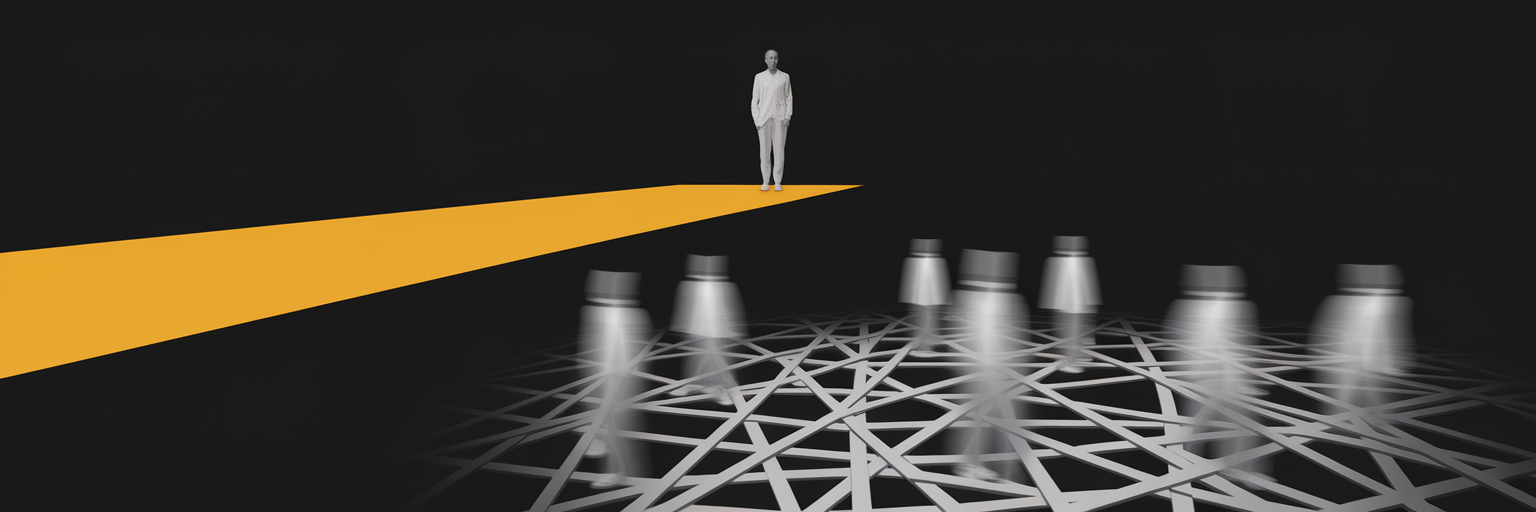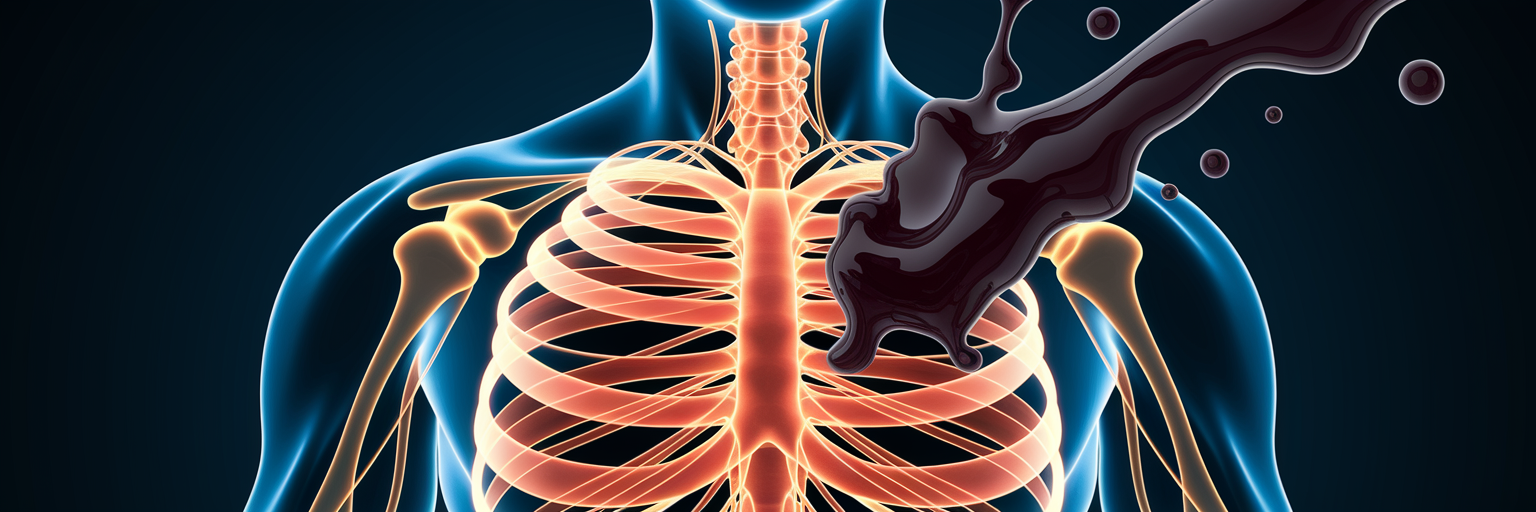
Why We Believe The Lies Alcohol Tells Us
The Great Deception of Alcohol
For a substance that offers no genuine benefit, alcohol has an astonishingly good marketing team. We are taught from a young age that it is the key to celebration, the cure for stress, and the ticket to social confidence. But this entire belief system is a carefully constructed illusion. Drinking is not a choice or a simple habit. It is a subtle trap that relies on mass delusion to sustain itself, a trap so effective that we rarely question its logic.
Every reason a person gives for drinking is based on removing a negative feeling, a feeling that was often created by the previous drink. It promises to give you something, but its only real function is to take. Have you ever paused, drink in hand, and logically questioned why you believe this liquid gives you an advantage in any situation? This is not about blame or shame. It is about dismantling the myths about alcohol with cold, hard logic, making sobriety feel like a natural conclusion, not a difficult sacrifice.
The Myth of Liquid Relaxation
The most common justification for drinking is that it relieves stress. This is perhaps the greatest lie of all. Alcohol is a central nervous system depressant, and the initial feeling of calm is merely the sedative effect taking hold. But what happens next? Your brain, sensing this chemical interference, works overtime to counteract it, releasing stimulants to bring your system back to equilibrium. This creates a rebound effect, leaving you with a higher baseline of anxiety than before you took the drink.
Using alcohol to cure stress is like trying to put out a fire with petrol. The perceived "relief" a drinker feels is not true relaxation. It is the temporary quieting of the withdrawal pangs the previous drink created. This is the vicious cycle of alcohol and anxiety. You drink to relieve an agitation that alcohol itself caused. The same deception applies to sleep. While it might make you drowsy, alcohol severely disrupts the restorative REM sleep stage. As noted by sleep experts, this interference leads to poor-quality rest. A report from Medical News Today explains how alcohol's dehydrating effects further contribute to waking up fatigued, which only exacerbates the stress you were trying to escape.
The Social Confidence Fallacy
Many people believe alcohol is essential for socializing, that it makes them funnier, wittier, or more confident. This is a fundamental misunderstanding of its effects. Alcohol does not add anything to your personality. It removes inhibitions by impairing your judgment and dulling your senses. It is a chemical numbing agent, not a confidence booster. Think about your most genuinely happy social memories. Were they moments of clear connection and authentic laughter, or were they blurred, loud, and chaotic?
It is time to reconsider how to have fun without alcohol by contrasting the two experiences:
- Chemically-Induced 'Fun': Often involves loud, meaningless conversations, an impaired memory of the event, and a high potential for saying or doing something you later regret.
- Authentic Fun: Involves genuine laughter, clear and meaningful connections with others, a full and vivid memory of the experience, and waking up the next day with peace of mind.
Health experts at the Cleveland Clinic highlight the misconception that alcohol gives you energy, reinforcing how deceptive its effects are. In reality, it is a depressant that slows you down. True social confidence is not found at the bottom of a glass. It is the freedom to be your authentic self, unfiltered and fully present. Clarity is the ultimate social superpower, not intoxication.
Challenging the 'Everyone Drinks' Narrative
The feeling of being the "odd one out" for not drinking is powerful, but it is based on a flawed premise. Let's challenge this with simple logic. If the majority of people were engaging in an activity proven to be harmful, would joining them be the sensible choice? Of course not. The idea that "everyone drinks" is a cognitive bias, a trick of the mind amplified by relentless marketing and social conditioning that makes drinking seem normal and necessary.
The reality is that millions of people choose not to drink. It is time to shift your perspective from one of deprivation to one of immense advantage. You are not "missing out" on anything of value. You are escaping a trap that confines others. The sober person is the one with full control over their mind, their health, their time, and their money. Your choice is not a sign of weakness. It is a quiet rebellion against a nonsensical norm. You are not the odd one out; you are the one who sees clearly.
The Unseen Physical Toll of a 'Normal' Habit
We are often told that only "heavy" drinking is a problem, but this minimizes a critical truth. So, is alcohol a poison? Scientifically, the answer is an unequivocal yes. Ethanol is a toxic substance that damages cells on contact. Its harm extends far beyond the liver. As detailed by health institutions like RWJBarnabas Health, alcohol is a systemic toxin that damages the cardiovascular system, impairs cognitive function in the brain, and places significant strain on the kidneys.
Furthermore, alcohol is classified as a Group 1 carcinogen, the same category as asbestos and tobacco. It is directly linked to an increased risk for several types of cancer, including breast, colorectal, and esophageal cancer. The idea that a small amount is harmless ignores its fundamental nature as a poison. The contrast between the perceived benefits and the physiological reality is stark.
| Perceived 'Benefit' | Immediate Physiological Reality | Documented Long-Term Consequence |
|---|---|---|
| Relaxation & Stress Relief | Nervous system depressant followed by anxiety rebound | Increased baseline anxiety, chronic sleep disruption |
| Social Confidence & Fun | Impaired judgment and reduced cognitive function | Damaged relationships, memory loss, regret |
| A 'Normal' Social Ritual | Systemic introduction of a Group 1 carcinogen | Increased risk of heart disease, brain damage, and multiple cancers |
Note: The long-term consequences are based on established scientific consensus from health organizations that classify alcohol as a significant health risk, regardless of the perceived short-term effects.
Building a Sober Life on a Foundation of Truth
True, lasting sobriety does not come from willpower. Willpower is a finite resource used to resist something you still believe has value. The real path to freedom is to remove the desire itself by seeing the trap for what it is. When you understand with complete certainty that alcohol offers you nothing and only takes, the internal conflict disappears. This internal shift is the foundation of effective long term sobriety support.
Unlearning the lies is the most critical of all the reasons to stop drinking. Sobriety is not a struggle or a sacrifice. It is a logical, joyful escape from a poison that promised happiness but only delivered anxiety, regret, and ill health. It is time to embrace the clarity, confidence, and profound freedom that comes from rejecting the great deception of alcohol and choosing to live in the truth.
.-.-.
You’re not weak, you’ve just been lied to.
And now that you see the truth, you get to choose something better.
Download The Quiet Reset, a free 5-step sobriety plan to help you break free from alcohol’s mental trap and build a life that doesn’t need escape.


